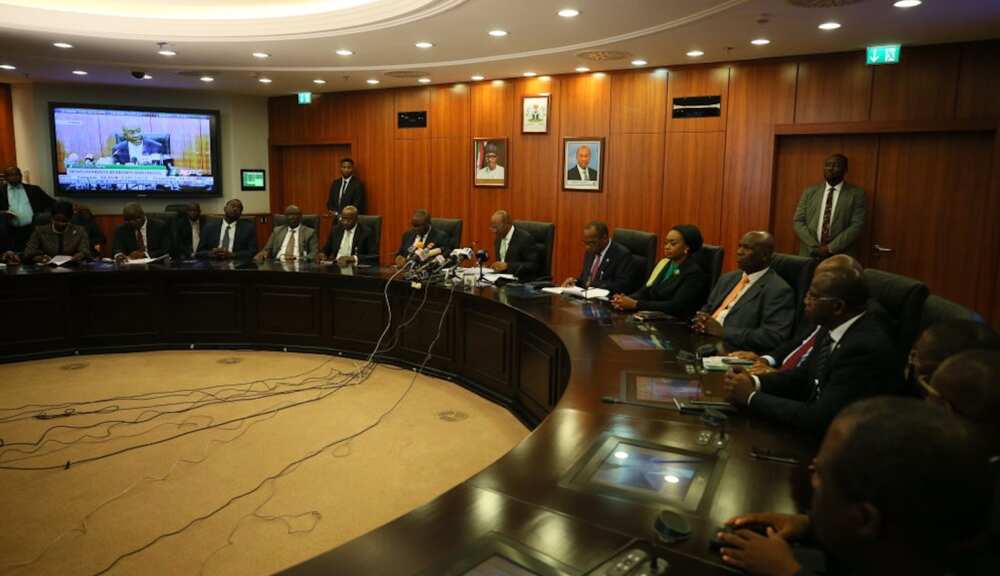The Central Bank of Nigeria (CBN) has announced that its landmark 300th Monetary Policy Committee (MPC) meeting will be held on May 19 and 20, 2025, at its headquarters in Abuja.
The meeting comes at a time of cautious optimism over the country’s economic outlook, following recent macroeconomic improvements.
Chaired by CBN Governor Olayemi Cardoso, the MPC is Nigeria’s highest monetary policymaking body, responsible for setting interest rates and guiding the country’s monetary direction.
At its last meeting on February 19–20, the committee opted to retain the Monetary Policy Rate (MPR) at 27.5 percent, a decision made in response to the National Bureau of Statistics’ (NBS) revised inflation report, which showed a significant drop in the inflation rate to 24.48 per cent from 34.8 per cent, following the rebasing of the Consumer Price Index (CPI). In addition to holding the MPR, the committee also maintained the Cash Reserve Ratio (CRR) at 50 percent and the Liquidity Ratio at 30 per cent, key tools used to control money supply and banking sector liquidity.
Speaking at a post-meeting press briefing in February, Cardoso said the MPC was encouraged by recent macroeconomic developments, particularly the stabilization of the foreign exchange market and the gradual decline in the price of Premium Motor Spirit (PMS).
“These developments are expected to have a positive impact on price dynamics in the near to medium term,” Cardoso noted.
He also underscored the need for continued synergy between monetary and fiscal authorities, calling for stronger collaboration to ensure price stability and drive sustainable growth.
“Coordination between the fiscal and monetary authorities remains critical. We are seeing the early benefits of reforms, but much more work is required to achieve sustainable, inclusive growth”, the CBN Governor said.
As Nigeria navigates a delicate recovery phase, the forthcoming MPC meeting is expected to attract wide attention from investors, analysts, and the business community, eager to see whether the central bank will adjust its policy stance or maintain its current approach.
Founded in 1959, the CBN has evolved into a key player in economic management. The MPC, established under the CBN Act, meets quarterly or as required to determine the direction of interest rates and key monetary variables.

